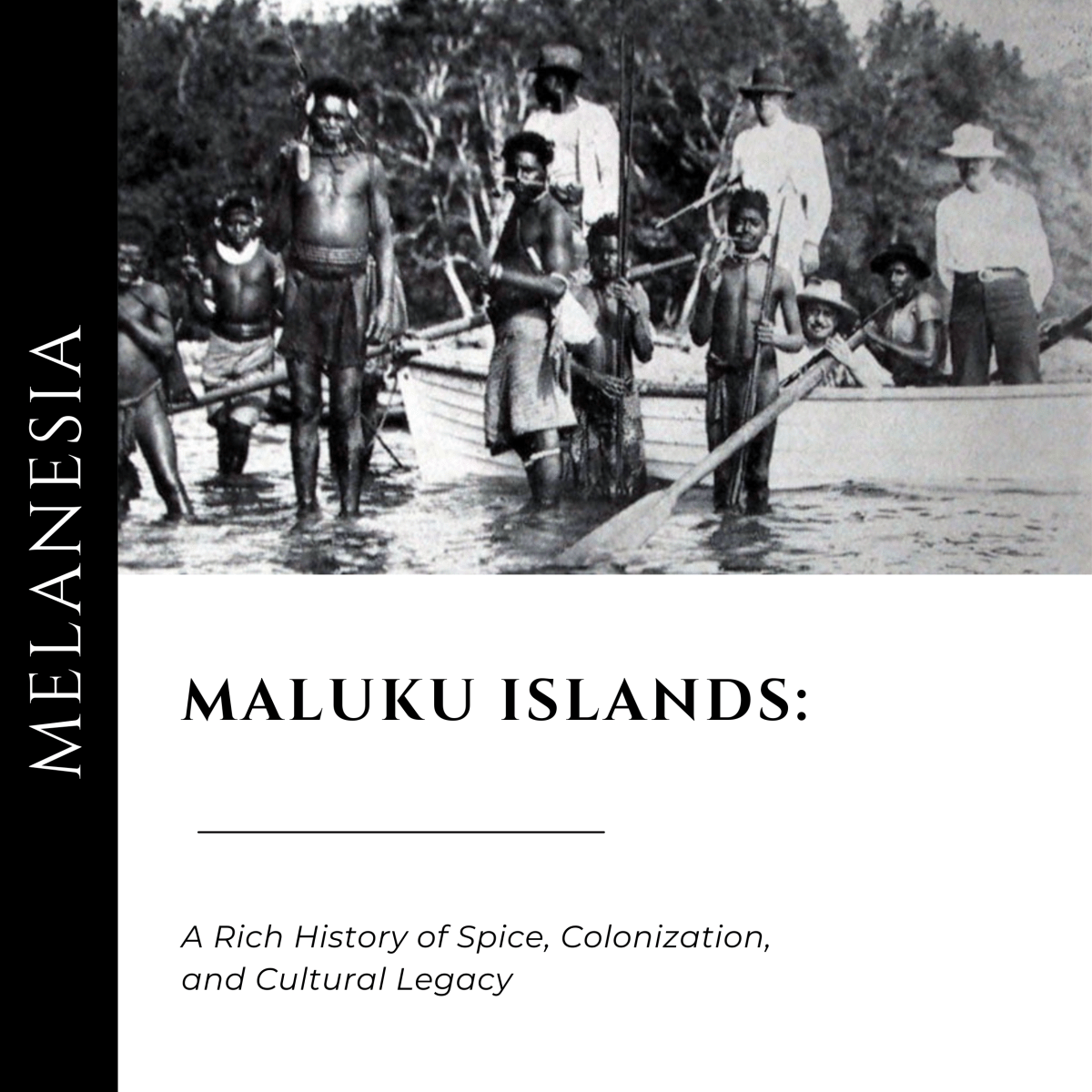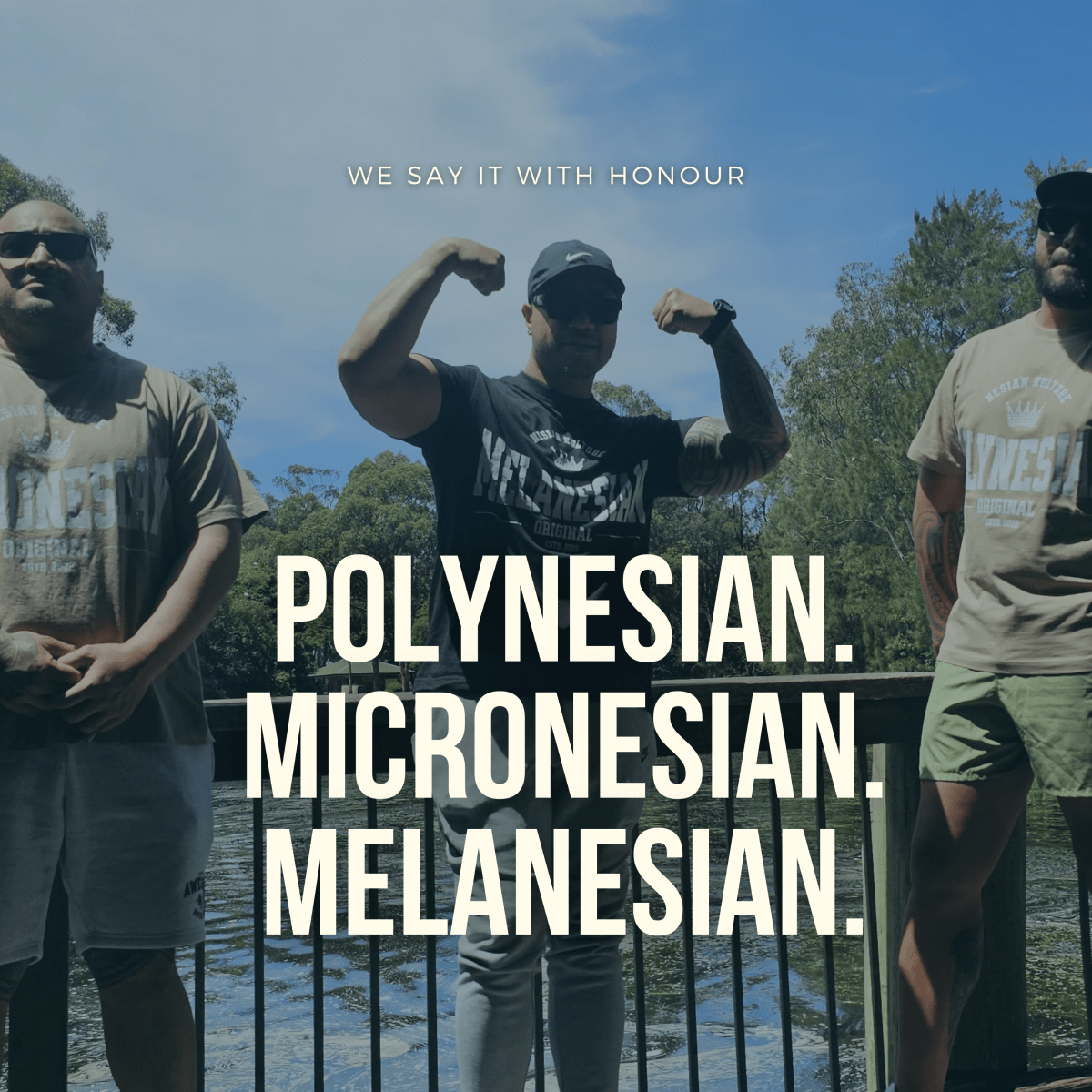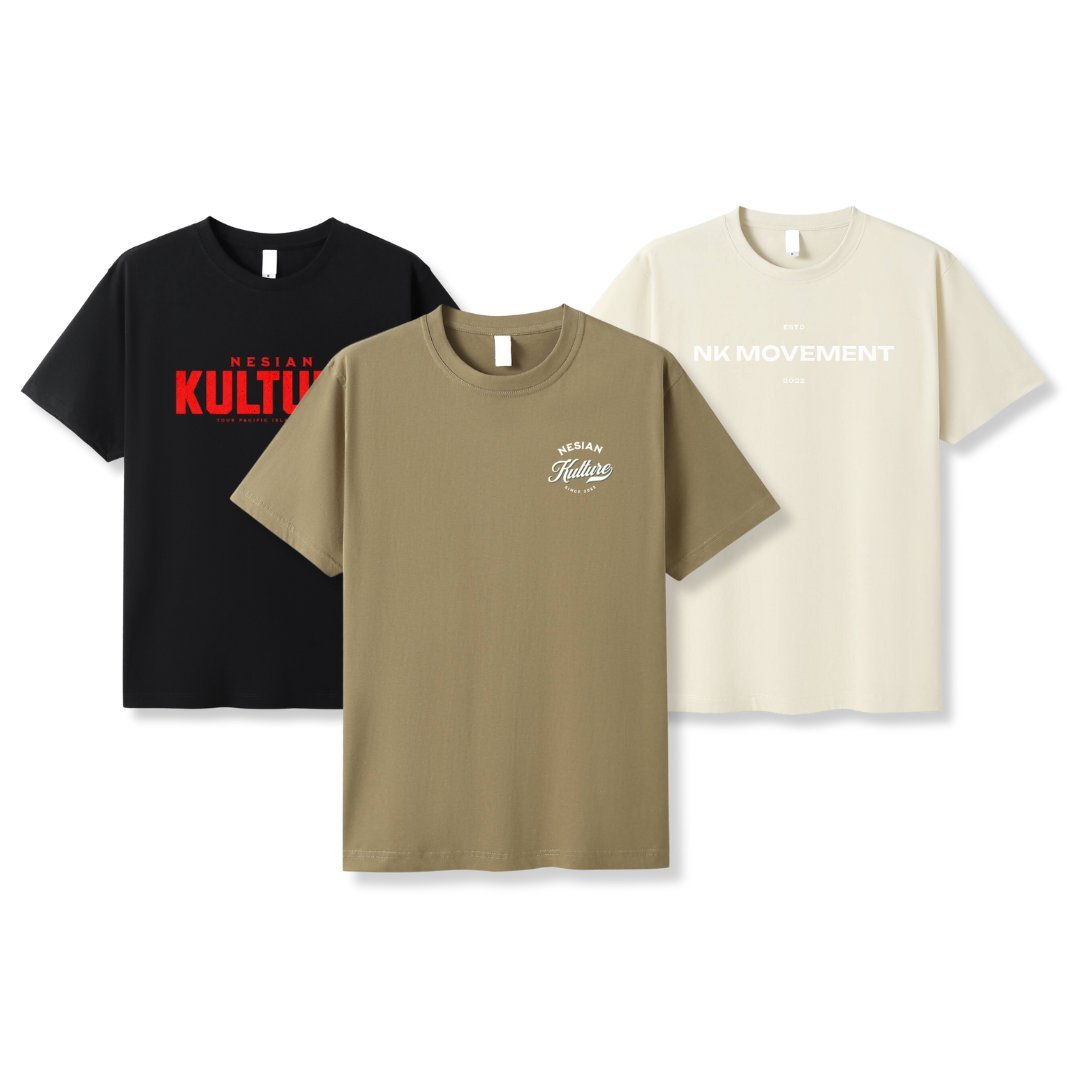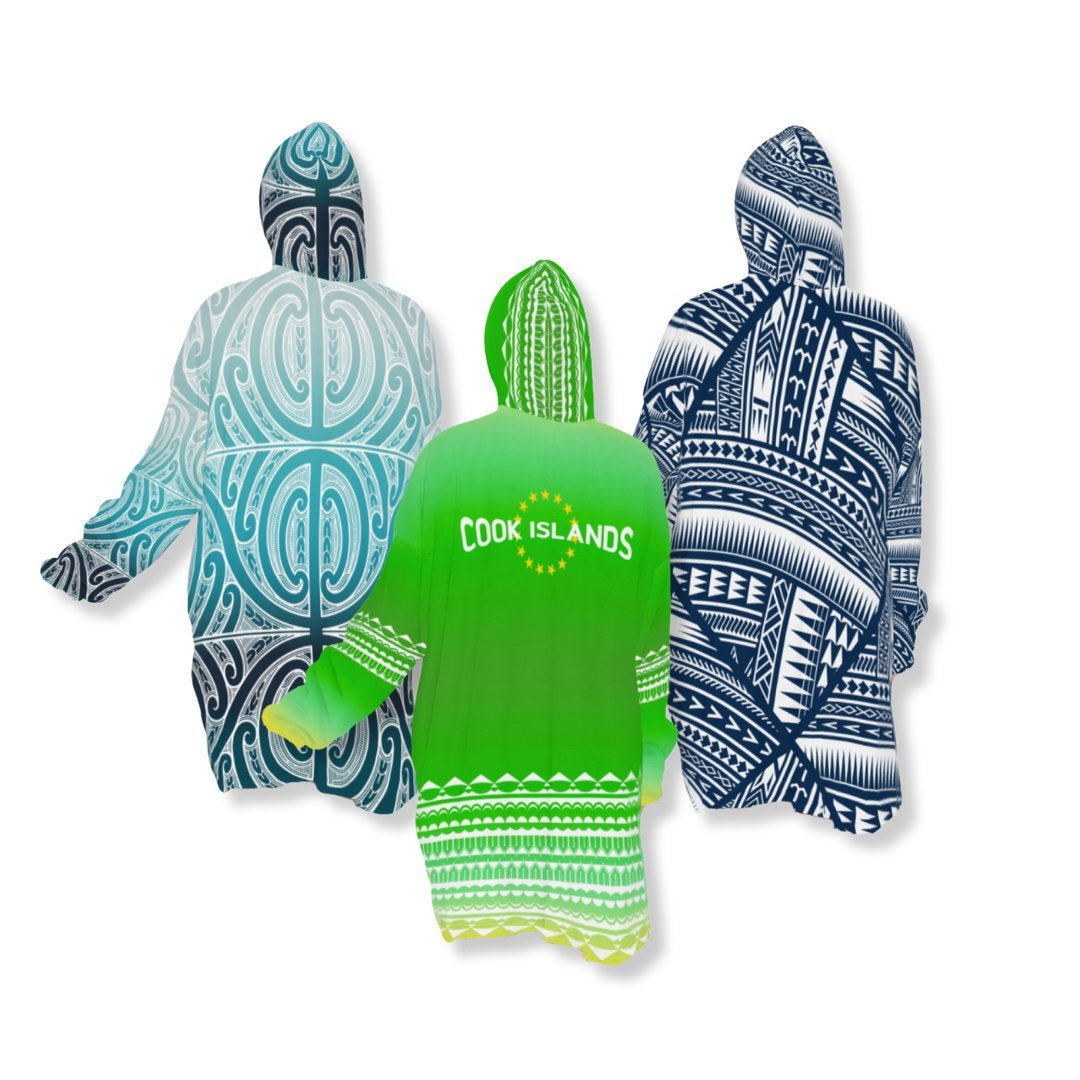
Maluku Islands: A Rich History of Spice, Colonization, and Cultural Legacy
The colonized history of the Maluku Islands is a complex and tumultuous one, driven primarily by the region's role as the heart of the global spice trade. The islands, known as the "Spice Islands", were a highly sought-after source of valuable spices like cloves, nutmeg, and mace, which attracted European colonial powers, resulting in centuries of conflict, exploitation, and domination.
Early European Encounters
Portuguese Colonization (1512–1605): The first Europeans to arrive in the Maluku Islands were the Portuguese in 1512. They sought to control the lucrative spice trade, establishing forts and trading posts in the region. The Portuguese initially gained influence by forming alliances with local sultans and rulers, but their presence soon led to tensions. The Portuguese attempted to monopolize the spice trade by controlling the production and distribution of spices, which led to conflicts with both local populations and other European powers.
Dutch Colonization and the VOC (1605–1942): The Portuguese dominance in Maluku was challenged by the Dutch, who arrived in the early 17th century. The Dutch East India Company (VOC) seized the opportunity to exploit the region’s riches and ousted the Portuguese by 1605. Over time, the VOC established a brutal monopoly over the spice trade, primarily through its control of Banda, Ternate, and Ambon, key islands in the Maluku chain.
The VOC imposed harsh policies on the local population, including forced labor, destruction of excess spice crops to control prices, and violent repression of resistance. The Dutch conducted the infamous Banda Massacre in 1621, in which the majority of the population of the Banda Islands was killed or enslaved as punishment for resisting Dutch control and attempting to trade spices independently with the English. The Banda Islands were then repopulated with slaves and indentured laborers brought in from other regions.
The Role of Local Kingdoms
The local kingdoms in Maluku, particularly the sultanates of Ternate and Tidore, played significant roles during colonization. Both sultanates had a history of rivalry and were important spice producers. The Portuguese initially aligned with Ternate, while the Dutch sought to manipulate the rivalry by allying with Tidore.
However, over time, the influence of the local sultanates waned as the Dutch asserted control. The once-powerful rulers became more dependent on the VOC, reduced to local administrators under Dutch authority.
British Interlude (1810–1817)
During the Napoleonic Wars, when the Netherlands was under French control, the British briefly took control of Maluku from 1810 to 1817. The British rule was relatively short-lived but significant, as they freed several prisoners and reduced the monopoly power of the Dutch. However, after the war, control of the islands was returned to the Dutch under the terms of the Anglo-Dutch Treaty of 1814.
Dutch Colonial Rule (19th–20th Century)
After regaining control, the Dutch government took direct control over the islands, following the bankruptcy and dissolution of the VOC in 1799. The Dutch colonial administration enforced strict policies to continue exploiting the spice trade, though the global demand for spices diminished over time.
During the 19th and early 20th centuries, Dutch colonization also brought Christian missionaries to the region, particularly in Ambon, which became a center for Christianity in Indonesia. The Dutch encouraged the conversion of local populations, which led to the emergence of Christian communities in Maluku that would later play a role in regional politics.
Japanese Occupation (1942–1945)
During World War II, the Japanese occupied the Maluku Islands from 1942 to 1945, as part of their broader campaign across Southeast Asia. The Japanese occupation brought great hardship to the people of Maluku, with forced labor and brutal treatment. Many Maluku Islanders were recruited to work for the Japanese military or forced into labor camps.
Struggle for Independence and Integration into Indonesia
After the Japanese surrender in 1945, the Dutch attempted to reassert control over Indonesia, including Maluku, but the Indonesian independence movement was already underway. The Maluku Islands became part of the struggle for independence as nationalist forces sought to create a unified Indonesia free from Dutch rule.
In 1949, Indonesia gained formal independence, and the Maluku Islands were integrated into the new Republic of Indonesia. However, this was not without conflict. The Republic of South Maluku (RMS) was declared in 1950 by a group of Ambonese, who opposed integration into Indonesia and sought to establish an independent state. This rebellion was quickly suppressed by Indonesian forces, and many RMS supporters fled to the Netherlands, where a government-in-exile still exists.
Legacy of Colonization
The long period of colonization left a lasting impact on the Maluku Islands:
- Economic Exploitation: The spice trade shaped the economy of Maluku for centuries, but the monopolies and exploitation by European powers left the region impoverished when global demand for spices decreased.
- Cultural Impact: Colonization brought Christianity to parts of Maluku, particularly in Ambon, creating religious divisions that remain to this day. The Dutch influence also left a legacy in the legal and educational systems.
- Identity and Conflict: The tensions between local groups, especially between Christians and Muslims, were exacerbated by colonization and led to violent conflicts in the late 20th century, particularly during the Maluku sectarian conflict of 1999–2002.
Today, the Maluku Islands are part of modern Indonesia, but their history of colonization and the struggle for independence are still remembered, and the region’s rich cultural heritage continues to be a source of pride for its people.
For a deeper dive into the rich cultural heritage of the Melanesian community, we recommend following this Instagram post. It offers valuable insights into Melanesian traditions, history, and contemporary culture. Support their work and learn more about the vibrant cultures of the Maluku Islands and beyond!



Related Posts

ONE FAMILY. MANY ISLANDS — THE STORY BEHIND THE WORDS
Discover the true story behind Nesian Kulture’s tagline “One Family. Many Islands.” — a movement born from Susan’s childhood as...
Read More
We Still Say Polynesian, Micronesian & Melanesian — And We Say It With Honour
Some say we shouldn’t use names like Polynesian, Micronesian, or Melanesian. At Nesian Kulture, we believe those names no longer...
Read More










